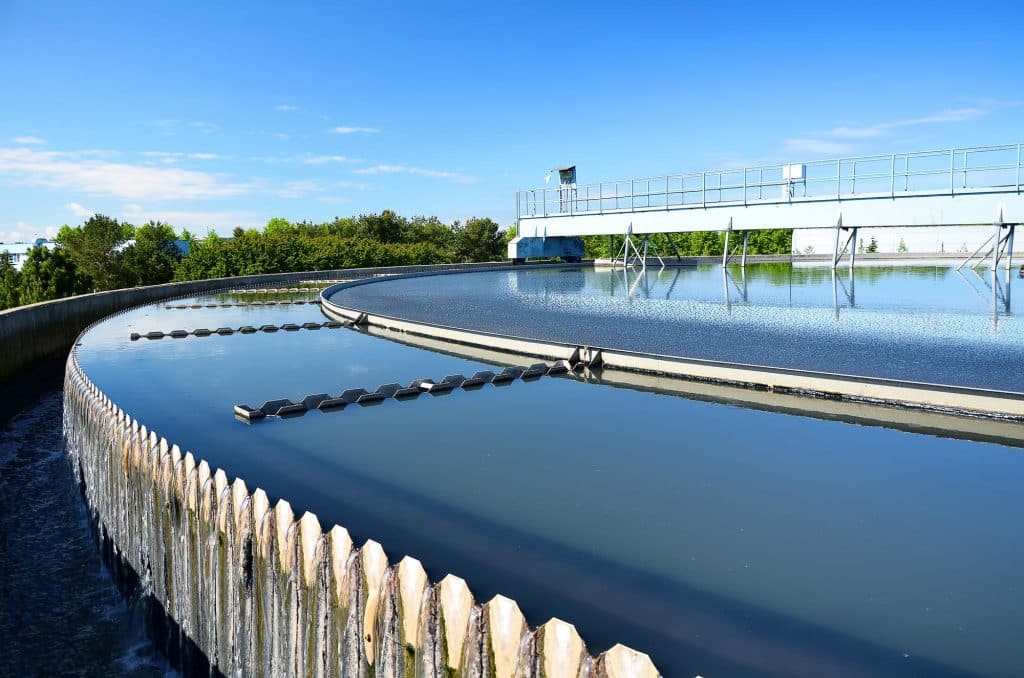Water is the lifeblood of any urban area, and its quality and supply are critical to sustaining both life and economic activity. As urban areas expand, the demand for a clean and reliable water supply becomes increasingly important. City planners and residents alike must prioritise understanding and managing these resources to ensure long-term sustainability. Newcastle, a vibrant city on Australia’s east coast, is no exception to these challenges.
Known for its rich industrial history and stunning coastline, Newcastle is a unique blend of tradition and modernity. As the population grows, Newcastle faces its own set of water-related challenges and opportunities, largely influenced by its distinctive geography and climate patterns. Getting a grip on these issues can lead to informed decisions that protect both the community and the environment.
Public awareness surrounding water quality and supply is essential. Residents need to understand standards, challenges, and how they can contribute to maintaining Newcastle’s water resilience. This article will explore five key insights into Newcastle’s water quality and supply: the city’s water sources, standards for water quality, challenges faced in maintaining consistent quality, innovative solutions for water management, and how residents can play a role in conservation efforts.
1. Understanding Newcastle’s Water Supply Sources
Newcastle’s water infrastructure is complex and dynamic. The principal sources of water include local rivers, reservoirs, and groundwater systems. Each of these sources plays an integral role in meeting the city’s water needs, supporting everything from residential consumption to industrial operations.
Rivers, such as the Hunter River, are significant contributors to the city’s water supply. These water bodies are closely monitored to ensure they continue to deliver clean drinking water. Reservoirs such as Grahamstown Dam help store this water, balancing the supply and demand effectively through various seasons.
Groundwater also forms part of the water supply network, though it’s less significant compared to surface water sources. The management of groundwater is crucial, especially during periods of drought, when surface water supplies may become strained.
Newcastle utilises a robust distribution system to ensure water reaches homes and businesses. This system involves a network of pipelines, treatment facilities, and modern technology that monitors and regulates water flow. Seasonal variations, such as reduced rainfall during the warmer months, can influence the water supply. These changes necessitate adaptable management practices and careful planning.
Technology plays an impressive role in maintaining the quality of Newcastle’s water sources. Advanced monitoring systems track water quality in real-time, allowing for swift responses to any issues that arise. State-of-the-art equipment monitors factors such as chemical composition, levels of pathogens, and turbidity, ensuring standards are met and maintained.
2. Water Quality Standards and Monitoring in Newcastle
Ensuring that the water is safe to use is not just a precaution—it’s an absolute necessity. Newcastle adheres to stringent water quality standards imposed by health authorities like the Australian Drinking Water Guidelines. These guidelines establish benchmarks for safety, ensuring that drinking water is free from harmful levels of contaminants.
Regular water testing is crucial in upholding these standards. The processes behind these tests are meticulously planned and executed, involving multiple stages from sample collection to laboratory analysis and reporting. Frequent testing allows authorities to detect potential hazards early, safeguarding public health.
Key contaminants monitored include heavy metals, pesticides, and microorganisms such as coliform bacteria and E. coli. Each of these components can have significant impacts on health and the environment if not properly managed. Recent upgrades to water treatment facilities have enhanced Newcastle’s compliance with quality regulations, minimising potential risks from contaminants.
To further bolster water quality, initiatives like the construction of advanced filtration plants are underway. These facilities employ cutting-edge technologies to remove impurities and ensure that Newcastle’s water exceeds the minimum safety requirements. Moreover, public reporting has become more transparent, allowing residents to stay informed about the state of their water.
3. Challenges in Ensuring Consistent Water Quality in Newcastle
Every city faces its own hurdles in maintaining stable water quality, and Newcastle is no exception. Natural factors, such as seasonal heavy rains, can lead to surface water overflow, carrying contaminants into water bodies. This issue can be exacerbated by human activities, including agricultural run-off and industrial activities, which may introduce pollutants into the water system.
Infrastructure limitations present another challenge for Newcastle. As an older city, some parts of the water delivery system require upgrades to accommodate the demands of a growing population. Ongoing projects aim to modernise pipelines and expand treatment facilities to improve efficiency and capacity.
Climate change adds another layer of complexity. Increased frequency of extreme weather events, such as droughts and floods, poses threats to water supply consistency and quality. These changes necessitate adaptive management strategies to protect water reserves and guarantee their quality.
Efforts to address these challenges are not unilateral. Community collaboration with governmental bodies is essential. Establishing effective communication between these entities can ensure swift responses to emerging challenges and enhance the city’s resilience to environmental changes. Education programs and stakeholder involvement are part of this collaborative approach, empowering residents to be proactive participants in water conservation efforts.

4. Innovative Solutions and Technologies for Water Management
To tackle the demands of water quality and supply, Newcastle leverages world-class technologies in its water management practices. Modern filtration and purification methods form the backbone of these strategies, effectively reducing the presence of harmful substances from the city’s water supply.
Smart water management systems have been implemented to optimise water distribution. These systems employ sensors and data analytics to identify and address inefficiencies in the network. By predicting demand patterns and detecting leaks in real-time, these technologies contribute significantly to water conservation and resource management.
Innovation supports Newcastle’s long-term sustainability goals, helping reduce energy consumption and environmental footprint. For instance, cutting-edge desalination techniques are being investigated to supplement existing water sources during times of shortfall. Meanwhile, advanced wastewater treatment processes are in place to recover and recycle water for non-potable uses, further conserving precious resources.
As the world continues to embrace technological advancements, emerging trends in water quality technology are being closely monitored. The integration of artificial intelligence for predictive maintenance and monitoring offers promising benefits, potentially improving water quality standards and extending the lifespan of existing infrastructure.
5. How Newcastle Residents Can Contribute to Water Quality and Conservation
Active citizen involvement is key to achieving sustainable water management. Simple lifestyle changes can greatly impact Newcastle’s overall water efficiency. Reducing water wastage is crucial, and residents are encouraged to adopt behaviours like fixing leaks promptly, using water-efficient appliances, and applying mindful practices during daily activities such as showering and gardening.
Public participation in water infrastructure maintenance is another area where residents can make a difference. Engaging in community events and initiatives regarding water quality and conservation can help foster a deeper connection and commitment to safeguarding local water resources.
Local initiatives often provide platforms for residents to contribute actively. Programs that encourage tree planting or wetland restoration are examples of such events promoting environmental sustainability. These efforts improve water quality by reducing run-off and providing natural filtration systems to water sources.
Numerous resources are available for those keen on expanding their knowledge or getting more involved. Local government websites offer comprehensive materials on water quality facts, conservation techniques, and upcoming community activities. Additionally, workshops and seminars provide opportunities for learning and collaboration, allowing residents to become well-informed advocates for water quality and conservation.
Conclusion
Newcastle’s water quality and supply are a matter of both technological progress and community engagement. By exploring these five essential insights, a clearer picture of the city’s water management landscape emerges. Effective management of water resources requires an intricate balance between innovation and public involvement.
The truth about water in Newcastle reveals a complex tapestry of natural challenges and human interventions. While authorities strive to maintain high water quality standards through technological advancements, community action remains equally important. Residents are encouraged to stay informed and proactive, contributing to discussions and participating in the many initiatives aimed at preserving the city’s water resources for future generations.
Through combined efforts, Newcastle can continue to uphold a reliable and sustainable water supply, meeting the needs of its growing population while protecting its cherished natural environment. The importance of continuing these efforts cannot be understated, as they represent investments in the well-being of Newcastle’s community and its vibrant future.








